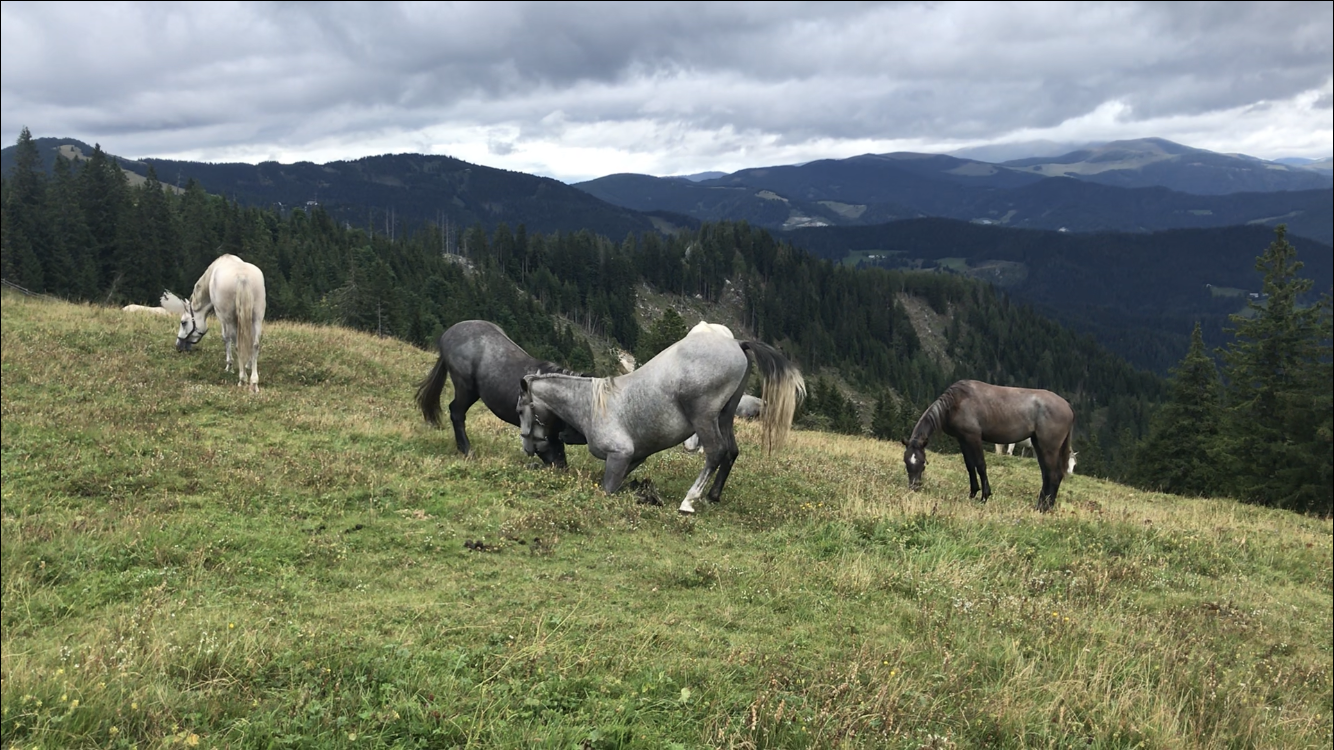Of course, any real horse person has at least some idea of what dressage is. It's where horses have to "go on the bit" and you ride around in circles all the time. Non-horse people just go: "Dress-what"? And then, as a passionate dressage rider, you come with the "it's an olympic discipline" for credibility, "it's like gymnastics for horses" for added imaginability and then some explanatory "there are no jumps, but certain movements are performed at certain markers and the horse and rider are judged on how harmoniously they perform..."
But that really is not dressage in its essence. It's an outward appearance. As one's skills as a dressage rider grow in sophistication, so does one's insight into this incredibly intricate exercise in mind-body coordination. On top of a 1200 lbs prey animal with it's own mind-body explorations.
At a recent Andrew Murphy clinic facilitated by Tanya Vik, I expanded my definition of dressage from a systematic training system that progressively supples the horse's mind (rideability) and body (advancing through the levels) to achieving perfect balance by careful placement of the hind legs (and shoulders) of the horse. Did I just lose you? I'll go into more detail on this down the road.
But what it comes down to, for me, dressage is a calling. The challenge of utter concentration, feeling the balance of the horse, learning how to skillfully influence it for the better, the ability to use one's own body in a way as to facilitate that improvement in balance rather than impeding it all the while staying on a given line, the thrill of a perfect transition and power of an extended pace ... the unrivaled sense of accomplishment of any of the above, and at the same time the unstoppable drive to "must ride better next time". That, ladies and gentleman, is the definition of finding one's calling. Or passion. Or whatever you want to call it. That, makes me a dressage geek.

